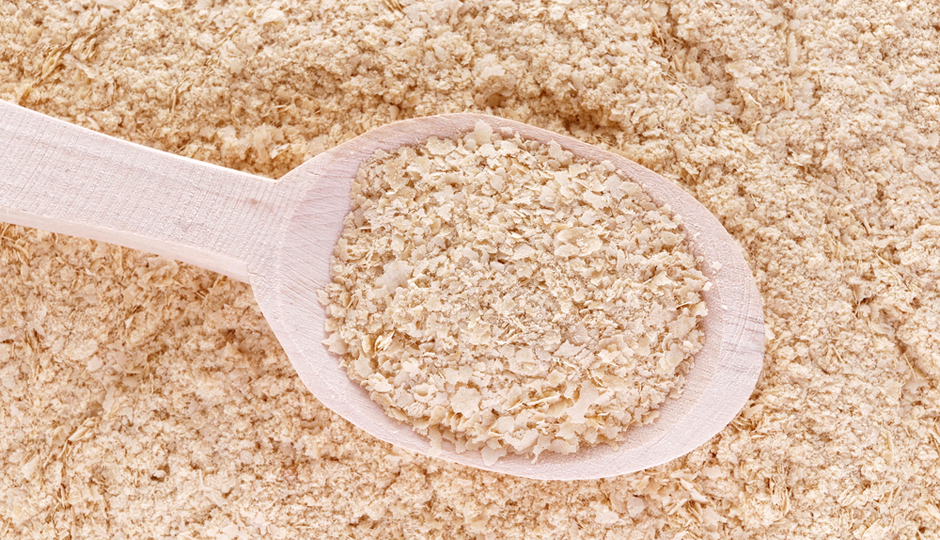- Empty cart.
- Continue Shopping
How to Understand Nutritional Yeast

Nutritional yeast, often referred to as “nooch” by enthusiasts, is a versatile and nutritious ingredient that has gained popularity in recent years, especially among those following vegan and vegetarian diets. Despite its name, nutritional yeast is not the same as the yeast used for baking bread. Instead, it’s a deactivated form of Saccharomyces cerevisiae yeast, commonly grown on molasses. Nutritional yeast is celebrated for its savory, cheese-like flavor and numerous health benefits.
Nutritional Profile of Nutritional Yeast
Nutritional yeast is a nutritional powerhouse, offering a range of essential vitamins and minerals. Here’s a breakdown of its typical nutritional profile:
- Protein: Nutritional yeast is a rich source of high-quality protein, providing all nine essential amino acids. Two tablespoons of nutritional yeast can contain around 8-10 grams of protein.
- Vitamin B12: Many brands of nutritional yeast are fortified with vitamin B12, making it an excellent choice for vegans and vegetarians who may have difficulty obtaining this vital nutrient from plant-based sources.
- Folate: Nutritional yeast is a good source of folate (vitamin B9), which is important for cell division and overall health.
- Thiamine (Vitamin B1): Thiamine is essential for energy metabolism, and nutritional yeast often contains significant amounts of this vitamin.
- Riboflavin (Vitamin B2): Riboflavin is important for various bodily functions, including energy production and red blood cell formation.
- Niacin (Vitamin B3): Niacin is crucial for skin health, nerve function, and energy metabolism.
- Pantothenic Acid (Vitamin B5): This vitamin is involved in the synthesis of fatty acids and is essential for overall health.
- Zinc: Nutritional yeast provides a notable amount of zinc, which is important for immune function and wound healing.
- Selenium: Selenium is an essential trace mineral that plays a role in thyroid function and antioxidant defense.
- Iron: While not as concentrated as other sources of iron, nutritional yeast still contributes to daily iron intake.
- Dietary Fiber: Nutritional yeast contains dietary fiber, which supports digestive health.
Culinary Uses of Nutritional Yeast
Nutritional yeast is beloved for its unique flavor, often described as nutty, cheesy, or savory. It can be used in various ways in the kitchen:
- Cheese Substitute: Nutritional yeast is a popular cheese substitute for vegans and those with dairy allergies. It can be sprinkled on pasta, popcorn, or salads for a cheesy flavor.
- Sauces and Dips: Incorporate nutritional yeast into sauces and dips for added richness and flavor. It’s an excellent addition to vegan cheese sauces, gravies, and creamy dressings.
- Seasoning: Use it as a seasoning in place of Parmesan cheese. Sprinkle it on pizza, baked potatoes, or roasted vegetables for extra flavor.
- Baking: Nutritional yeast can be added to bread and pizza dough for a subtle, savory twist.
- Popcorn Topping: Elevate your popcorn game by sprinkling nutritional yeast on top for a cheesy and umami kick.
- Egg Replacement: In vegan cooking and baking, nutritional yeast can be used to add an eggy flavor to dishes like tofu scrambles or quiches.
- Homemade Vegan Cheese: You can use nutritional yeast to make your own vegan cheese, whether it’s a spreadable cashew cheese or a sliceable block.
Choosing and Storing Nutritional Yeast
When purchasing nutritional yeast, consider the following:
- Fortified vs. Unfortified: Some brands of nutritional yeast are fortified with additional vitamins and minerals, such as B12. If you have specific nutritional needs, choose a fortified variety.
- Storage: Store nutritional yeast in a cool, dry place, away from direct sunlight. Properly stored, it can last for up to two years.
- Allergens: Check the label if you have food allergies or sensitivities, as some brands may process their nutritional yeast in facilities that handle common allergens.
In Conclusion, Nutritional yeast is a versatile and nutrient-rich ingredient that can enhance the flavor and nutritional content of a variety of dishes. Whether you’re following a vegan, vegetarian, or omnivorous diet, incorporating nutritional yeast into your meals can be a tasty and nutritious way to boost your intake of essential vitamins and minerals. So, don’t hesitate to explore the world of “nooch” and experiment with its many culinary possibilities.








